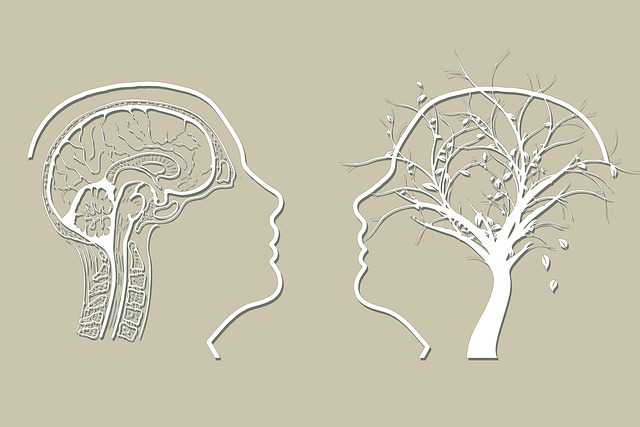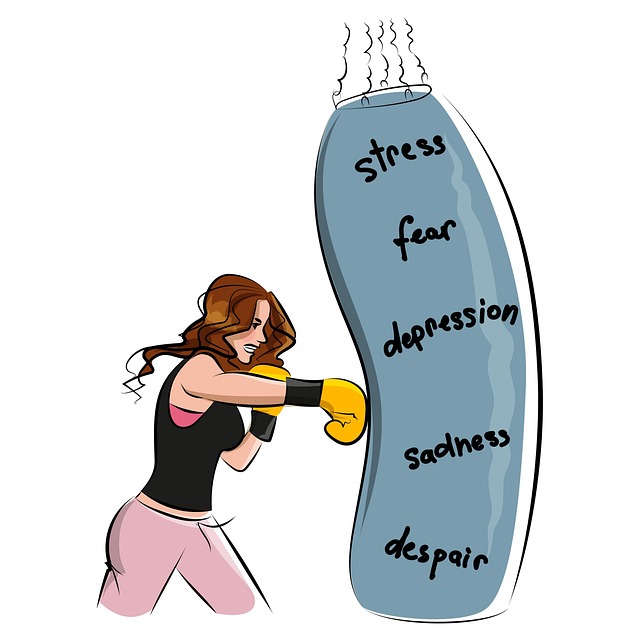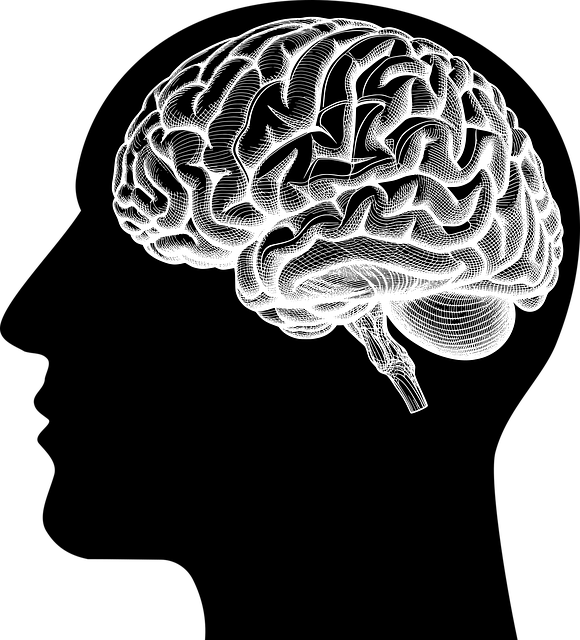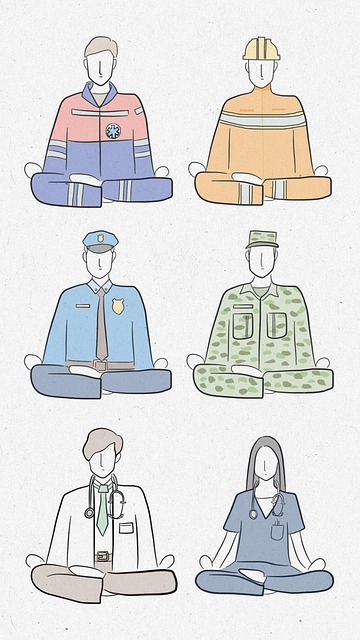Stress, a universal response to life's demands, becomes harmful when chronic, leading to burnout, anxiety, and health issues. Organizations like the Stress Management Workshops Organization advocate for proactive stress reduction strategies such as mindfulness, exercise, social support, and tailored therapy. Wheat Ridge Russian Speaking Therapy specializes in managing prolonged stress through techniques like mindfulness meditation, addressing mental and physical health impacts and promoting emotional intelligence.
Stress reduction is a vital aspect of maintaining mental and physical health. In this article, we explore effective strategies to combat stress, focusing on both professional and holistic approaches. We begin by delving into the nature of stress, its causes, and its short-term versus long-term effects on well-being. Then, discover Wheat Ridge Russian Speaking Therapy as a unique, holistic method proven to alleviate stress through targeted techniques. Additionally, we provide practical tips for complementary stress reduction, emphasizing mindfulness, physical activity, lifestyle changes, and the power of support networks.
- Understanding Stress and Its Impact
- – Definition and causes of stress
- – Short-term vs long-term effects of stress on mental and physical health
Understanding Stress and Its Impact

Stress is a natural response to various life challenges and demands, but when it becomes chronic, it can significantly impact our physical and mental health. At Wheat Ridge Russian Speaking Therapy, we recognize that understanding stress is the first step towards effective management. Stress can manifest in different ways, causing symptoms like increased heart rate, muscle tension, difficulty concentrating, and even emotional irritability. These physiological and psychological responses are part of our body’s fight-or-flight mechanism, designed to help us cope with threats. However, when stress becomes persistent, it can lead to burnout, anxiety disorders, and other health complications.
Recognizing the impact of chronic stress on both the mind and body has led to a growing interest in mental wellness and emotional intelligence as key components of overall well-being. The Stress Management Workshops Organization emphasizes the importance of proactive stress reduction strategies, which can include mindfulness practices, regular physical activity, social support networks, and therapy sessions tailored to individual needs. By learning to manage stress effectively, individuals can enhance their resilience, improve their ability to cope with life’s challenges, and promote a healthier, more balanced lifestyle.
– Definition and causes of stress

Stress is a common response to various life situations, triggered by both internal and external factors. It can stem from personal challenges like work pressures, financial difficulties, or interpersonal conflicts, as well as external influences such as noise, pollution, and fast-paced lifestyles. Often referred to as the “fight or flight” response, stress activates our body’s physiological systems, preparing us for potential threats. While occasional stress is a normal part of life, chronic stress can have significant impacts on both mental and physical health.
In today’s fast-paced world, the demands of modern living can contribute to heightened stress levels. The Public Awareness Campaigns Development emphasizes the importance of recognizing and managing stress effectively. Depression Prevention initiatives also highlight that unaddressed stress can escalate into more serious mental health concerns. Building a robust Self-Care Routine Development for Better Mental Health is key to mitigating stress. For those seeking specialized support, Wheat Ridge Russian Speaking Therapy offers valuable resources tailored to address cultural and linguistic barriers, providing accessible care for individuals navigating stress in their daily lives.
– Short-term vs long-term effects of stress on mental and physical health

Chronic stress, often experienced over extended periods, can lead to severe mental and physical health issues. Unlike acute stress, which is a normal response to short-term challenges, prolonged exposure to stressful situations contributes to an array of problems, including anxiety disorders, depression, heart disease, and weakened immune systems. This is where Wheat Ridge Russian Speaking Therapy can be instrumental in mitigating long-term effects. Therapists specializing in this field often incorporate techniques like mindfulness meditation into treatment plans, fostering emotional regulation skills that help clients manage stress over the long haul.
In contrast, short-term stress responses, while uncomfortable, are generally beneficial, triggering a range of physiological changes designed to prepare us for action. However, without appropriate coping mechanisms, these initial reactions can escalate, leading to a cycle of heightened stress and potential mental illness stigma reduction efforts. Mindfulness meditation, as an example, has been shown to not only reduce stress but also enhance overall well-being, making it a valuable tool in the arsenal of any individual seeking to maintain mental health balance.
Stress reduction is a vital aspect of maintaining both mental and physical well-being. By understanding the causes and impacts of stress, individuals can take proactive steps to manage it effectively. Incorporating methods such as mindfulness, exercise, and therapy, like that offered by Wheat Ridge Russian Speaking Therapy, can significantly alleviate stress and promote a healthier lifestyle. Remember, navigating life’s challenges with the right tools is key to fostering resilience and overall happiness.











